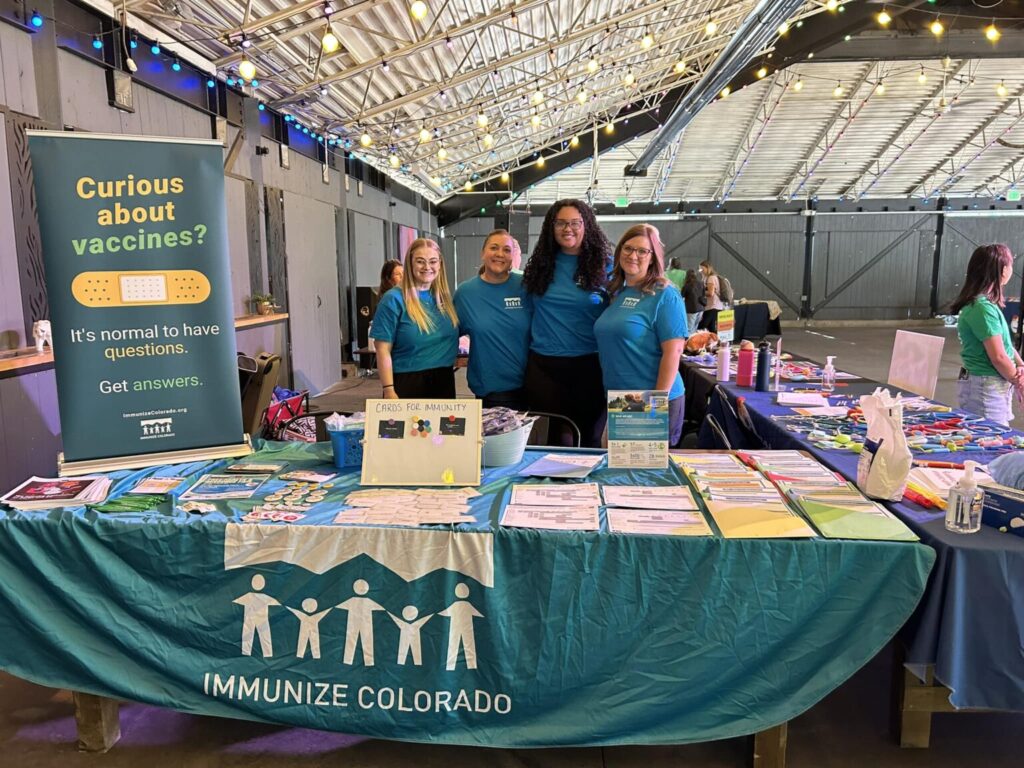Significant Changes in Federal Vaccine Recommendations and Their Impact on Colorado
The Advisory Committee on Immunization Practices (ACIP), part of the Centers for Disease Control and Prevention (CDC), made notable adjustments to its vaccine recommendations over the past weekend. This committee, once the leading authority on vaccination policies, has experience a transformation in membership since the appointment of U.S. Health Secretary Robert F. Kennedy, Jr., a vocal critic of vaccines. As a result, several states, including Colorado, are considering alternative guidance from national medical associations instead of adhering strictly to ACIP’s revisions.
Colorado and other states governed by Democratic leadership are pivoting towards the recommendations of reputable medical groups rather than those from the ACIP, which has sparked discussions about how these changes will affect local populations. The panel’s recent meetings indicated a tendency to debate, but not necessarily support, crucial vaccinations for newborns, such as the hepatitis B vaccine, reflecting a shift in the discourse surrounding immunizations. Studies show that hepatitis B, a viral infection that can potentially cause severe liver disease, is generally administered within the first 24 hours after birth to help prevent chronic infections.
Recent Decisions from the Advisory Committee
During a somewhat tumultuous session, the committee opted against a move that would have mandated prescriptions for COVID-19 vaccinations. Additionally, the ACIP modified guidelines regarding the MMRV vaccine—combining vaccinations for measles, mumps, rubella, and varicella. Previously suggested for children under four, it is now limited to those aged four and above as the country faces one of the most serious measles outbreaks in decades. Parents are still able to protect younger children with separate vaccinations, although the Colorado Department of Health and Environment (CDPHE) has urged families to keep up with immunization schedules despite these changes.
| Vaccine | New Recommendation | Age Group Affected |
|---|---|---|
| Hepatitis B | Vote postponed | Newborns |
| MMRV | Now limited to children 4 and older | Children under 4 |
| COVID-19 | Consultation required for ages 6 months to 64 years | All ages |
Currently, COVID-19 vaccination guidance for those aged 65 and older now hinges upon individual discussions with health care providers, while others aged six months to 64 years have the option to receive the vaccine following consultation. Dr. Sean O’Leary, a Colorado pediatrician and member of the American Academy of Pediatrics, voiced concerns regarding the new committee’s grasp on vaccines and asserted that misinformation may potentially hinder immunization efforts among families.
The State’s Response to Changes
In light of these federal adjustments, Colorado’s legislative environment allows for flexibility. A state law enacted by Governor Jared Polis grants health authorities the ability to reference guidelines from various leading health organizations, including the American Academy of Pediatrics (AAP) and others, thereby fostering a more localized approach to vaccine policy. Additionally, a recent order from Colorado’s chief medical officer means prescriptions are not required for obtaining COVID-19 vaccines at pharmacies, enhancing access to immunizations.
A new coalition known as the Colorado Chooses Vaccines Coalition has emerged in response to the evolving health landscape. This organization comprises a diverse group of Colorado health experts and advocates committed to ensuring that misinformation is countered and access to vaccines remains robust across the state.
As Colorado navigates these changes, health professionals strive to reassure families amid the waves of conflicting information. The need for continued vaccination, especially against preventable diseases, remains critical to safeguarding the health of the community.

